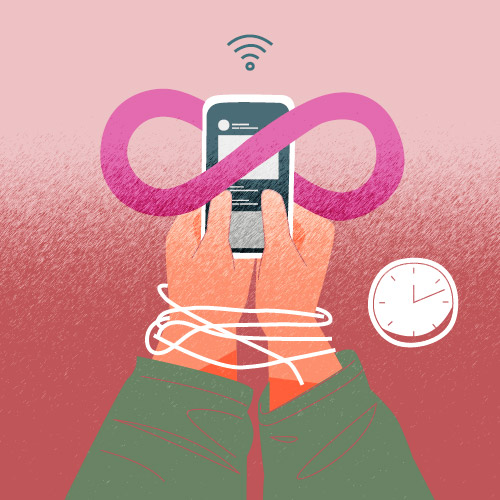Too Much Screen Time? What the Data Says About Hong Kong’s Youth

In today’s hyper-connected society, screen time among young people has become a growing concern, particularly in tech-savvy cities like Hong Kong. While smartphones offer convenience, access to information, and entertainment, the latest data paints a worrying picture about how much time children and teenagers are actually spending in front of screens.
Alarming Screen Time Trends in Hong Kong
According to the 2023/24 Student Health Service Annual Report by the Hong Kong Department of Health, 43.3% of primary school students and a staggering 80.9% of secondary school students exceed the recommended daily recreational screen time of two hours. This marks a significant rise from pre-pandemic levels, when only about 30% of primary school children surpassed that threshold.
Smartphones are now nearly ubiquitous among young people. A 2024 survey showed that 86% of children aged 10–14 in Hong Kong already own a smartphone. By the time they reach secondary school, ownership is virtually universal. On average, teens now spend 6 to 7 hours per day on screens—mostly for gaming, streaming, and social media. These figures are nearly double the daily screen time of adults, highlighting the scale of digital immersion among youth.
What’s Driving the Overuse?
Several factors contribute to the rising screen time in Hong Kong:
● Academic stress: Many students use phones to escape the pressures of school.
● Social pressures: Fear of missing out (FOMO) and peer expectations drive constant phone-checking.
● Addictive app design: Endless scrolling and gamified rewards make it hard to log off.
● Lack of boundaries: Inconsistent screen rules at home and school allow habits to develop unchecked.
This growing dependency can have real consequences, especially when it interferes with sleep, academic focus, and mental well-being.
The Mental and Physical Toll
Studies conducted in Hong Kong found that 29.3% of youth show signs of smartphone addiction, with strong links to depression, anxiety, and attention problems. Excessive screen time also contributes to eye strain, poor posture, and sleep disruption, especially when used late at night.
For example, more than half of surveyed students aged 8–14 reported symptoms of digital eye strain, and over 64% of local teenagers sleep less than 8 hours on school nights. With academic performance, family relationships, and social skills all potentially impacted, screen overuse is no longer just a lifestyle issue—it’s a public health concern.
What Can Be Done?
Hong Kong families, educators, and youth to rethink their relationship with technology. Here are some starting points:
● Set daily screen limits using built-in smartphone features.
● Create tech-free zones at home (e.g. bedrooms, dining tables).
● Prioritize offline activities such as sports, reading, or creative hobbies.
● Lead by example—parents should model balanced digital habits.
● Engage in open conversations about the emotional triggers of overuse.
Digital tools are here to stay, but we can choose how we engage with them. Promoting digital well-being in Hong Kong’s youth means teaching boundaries, building healthier habits, and fostering real-world connections.



